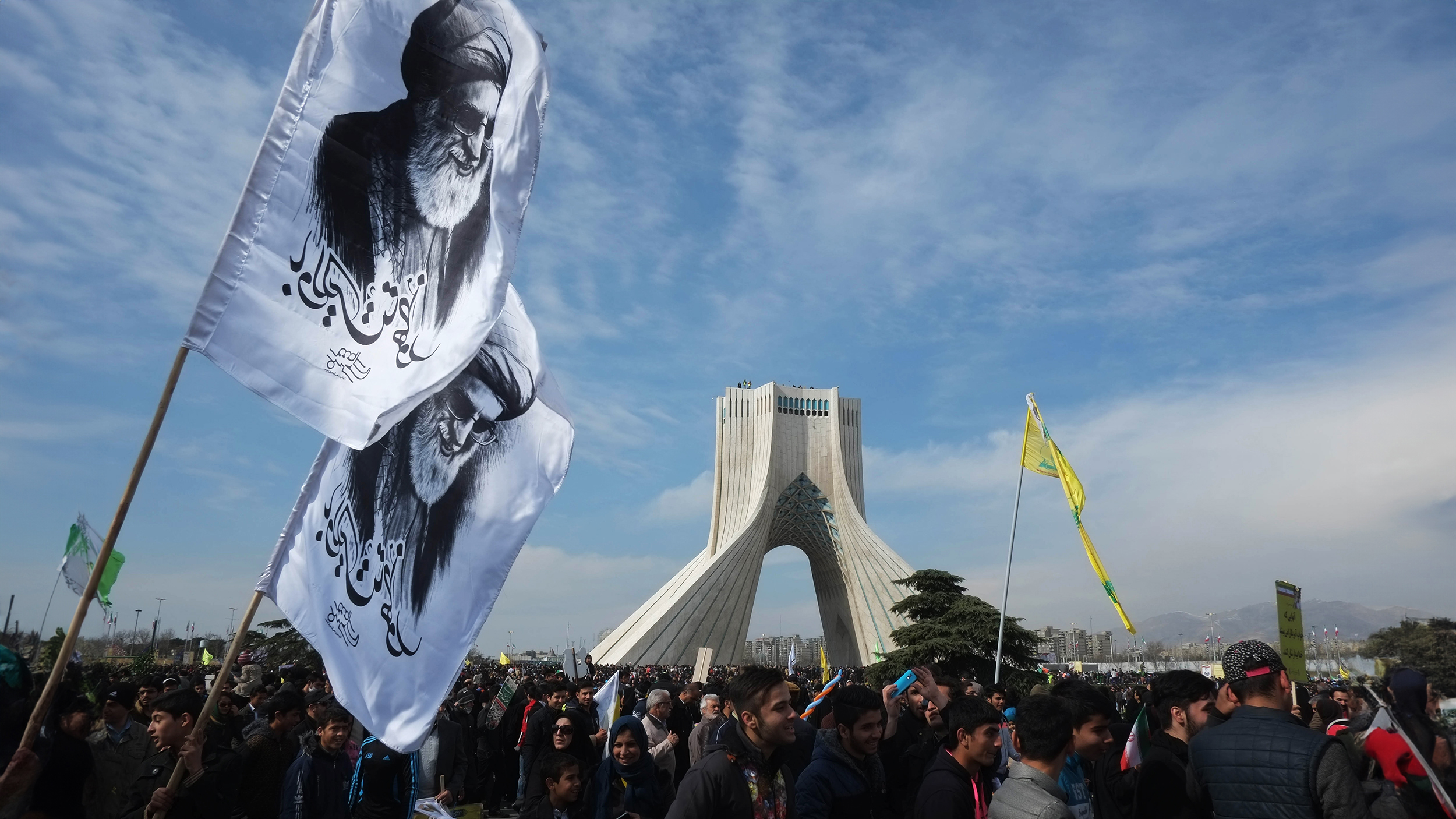As the Revolution Goes Online, the Battle for the Internet Begins

In light of a new tussle between Google and the Chinese government, it’s an interesting time to consider the role of the internet in political mobilization, particularly in countries where such activity can result in a prison sentence, or worse. But what happens when the people and the regime battle over the Web itself?
In Venezuela, President Hugo Chavez has learned that if you can’t beat ‘em, join ‘em. After calling for Internet controls, Chavez has jumped into the fray with a blog of his own to combat a dissenting Web presence. By all indications, that dissenting voice emanating from the worldwide blogosphere is growing increasingly louder.
Online protests have already been credited with stopping everything from Australian beachside development to legislation exempting parliamentary expenses from the Freedom of Information Act in the UK. Even the Canadian parliament’s Olympic hiatus saw an online “Get Back to Work” movement. But the idea of online political mobilization is really coming to a head elsewhere.
Much of the world saw the emerging role of technology in the wake of last year’s Iranian election, which resulted in a storm of online content streaming out of the country in what is now commonly known as the Twitter Revolution and YouTube Revolution. But that battle over the Internet in Iran goes as far back as 2004, when Iranian bloggers began openly blogging against the government’s media crackdown. But the aftermath of the 2009 battle saw the government fight back, stifling citizen journalists by allegedly jamming phone signals and network web sites. Before long, experts were saying that the optimistic bubble carrying this online mobilization had officially popped.
Despite a number of examples of online networks and even video games rallying people, the efficacy of this online revolution is still being debated. Especially as some governments flex their regulatory muscle. In fact, one writer, Evgeny Morozov, has written repeatedly about how the Internet has actually served to empower leaders more than the populace looking to topple them. “From 2006-08 I worked on western-funded internet projects in the former Soviet Union,” Morozov said in a Prospect magazine article. “Our mission to use the internet to nudge citizens of authoritarian regimes to challenge the status quo had so many unexpected consequences that, at times, it seemed to be hurting the very causes we were trying to promote.”
But Morozov’s take hasn’t halted online efforts to target certain regimes. Armed with digital cameras, Burmese reporters’ filmed a 2007 rebellion, leading to an Oscar nomination and widespread acclaim, although exactly how much change it created in Burma is open to interpretation. More recently, a widespread online campaign has targeted the Ugandan government over a proposed anti-homosexuality bill. Buddhists have even taken their issue with China to the web. In an interesting precedent, a Kyrgyzstan advocacy blog, Akaevu.net, has been cited in that country’s Tulip Revolution. A related study from the University of Kansas found that blogs were able to “serve to incite or sustain democratizationin Third World countries, even those undergoinguneven economic development.”
While the case of the Internet vs. the Authoritarian has been posited for some time, gauging its true effectiveness has become difficult. Burma, China, and Saudi Arabia have all found both traditional and innovative ways to quell online dissent. For the time being, the idea of the online uprising might be overblown.





